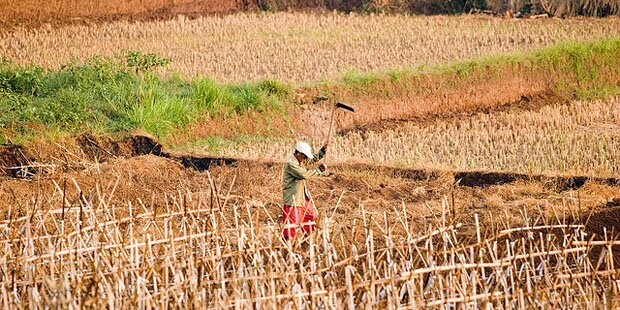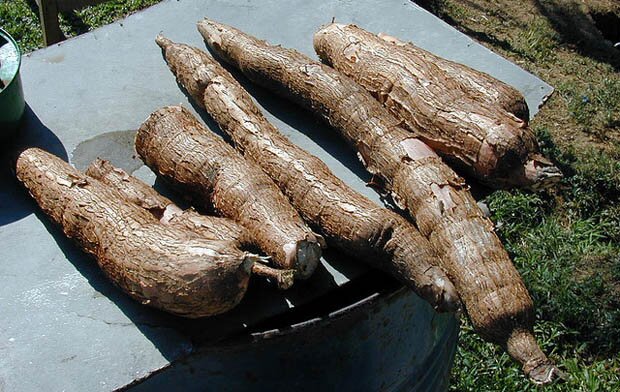Campo do Brito, in the brazilian state of Sergipe, is home to Coofama (Manioc Flour Producers’ Cooperative). Currently the organization has 54 co-workers, all of which are family farmers from the region. These small producers have a guaranteed source of income and a means of distribution to their production within the cooperative. Furthermore, participation in this cooperative grants access to technologies that offer productivity and efficiency, that is where Green Social Bioethanol partners up with Coofama.

The cooperative produces cassava flour by planting appropriate stems to the local soil. Thus, they spread rapidly in a special chamber, growing free of pests and diseases.Through special techniques, slope retention, production and enhancement, the average production of these small farmers has increased from 9 t/ha to 20t/ha of cassava, peaking at up to 68t/ha in some properties.

The byproduct of this process is called Manipueira, a substance derived from the pressing of cassava. This substance, if discarded directly into the soil, causes its degradation and contamination. In addition, a third of the cassava starch remains in the Manipueira, which is produced in an average of 500,000 l per month. Green’s proposal for Coofama is to open up an alternative income by tapping Manipueira to produce Bioethanol.
The project’s goal is to install Micro Distilleries to transform this environmental liability into useful bioethanol, or, among the many possibilities, rubbing alcohol for double output and high sell value.
